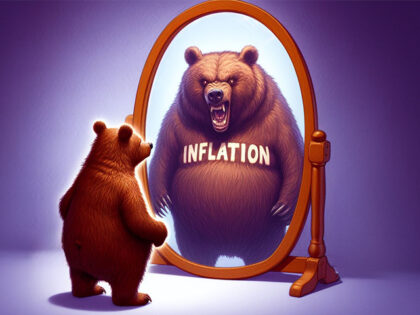Breitbart Business Digest: Biden’s Noncompete Ban Is a Gift to Silicon Valley
The Biden administration’s declaration that it will treat almost all noncompete provisions in employment agreements as illegal should be seen for what it is.
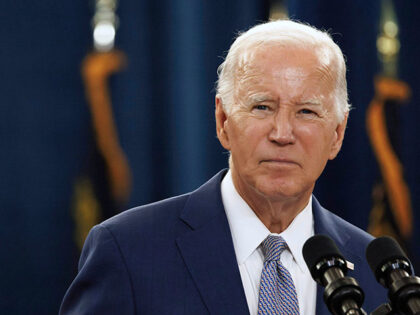
The Biden administration’s declaration that it will treat almost all noncompete provisions in employment agreements as illegal should be seen for what it is.

The big driver of General Motors’ great earnings report has been the Detroit automaker’s decision to focus on selling the gas-powered vehicles their customers want to drive instead of the electric vehicles the Green New Deal activists think they should be driving.

Perhaps if we started an Inflation Day movement, more attention could be drawn to the fact that rising price levels are the results of public policy choices.
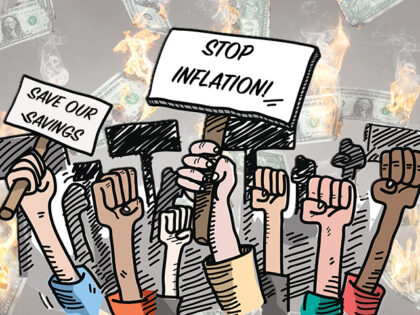
The country is not moving in the right direction, and the economy is a major a factor. But the legacy media is focused on wall-to-wall coverage of he who is known as “The Bad Orange Man.”

As is so often the case with Bidenomics, even good news is bad news because of the upward inflationary pressure.

The latest edition of the Beige Book provides far more red flags than silver linings.
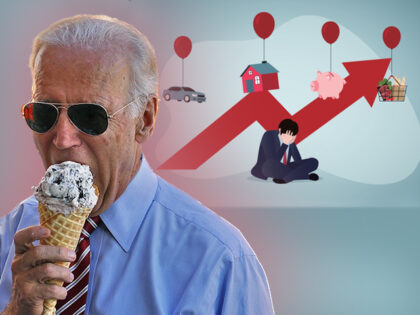
Jerome Powell spoke today from our nation’s capital and indicated what we all know to be true: The Fed has no business cutting rates at this time.
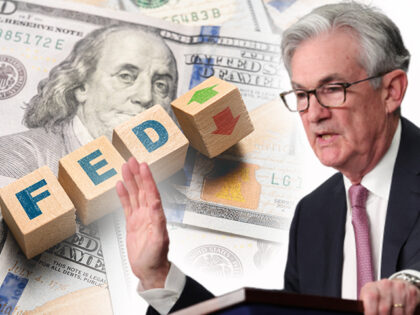
In this election, we have a tale as old as time: the Democrat wants to confiscate more of what you make for the government’s pleasure, and his Republican challenger does not.
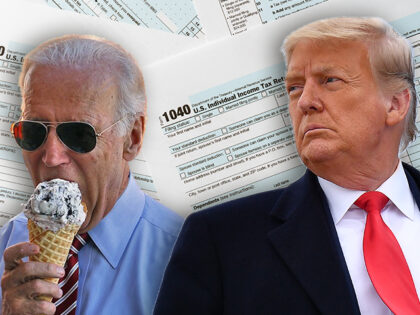
This year’s presidential and congressional elections are unlikely to be decided on the issue of tax policy, but they will very likely determine how much of the tax cuts enacted under President Donald Trump survive.

Someone should let President Biden know that the Federal Reserve is not going to deliver him a politically expedient rate cut.
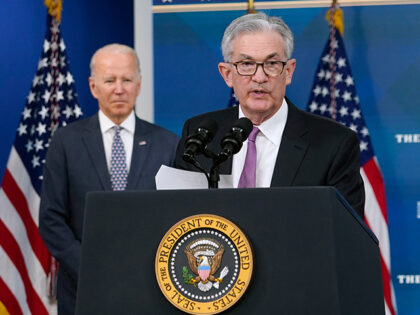
The victory over inflation that the Biden administration and many on Wall Street were eager to celebrate last year now seems to have been, well, transitory.

There’s a specter haunting Wall Street. The specter of resurgent inflation.
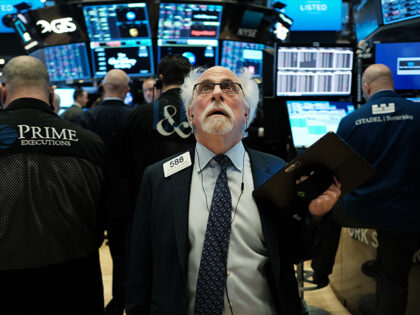
Breitbart’s Jim Pinkerton believes there is a profitable and practical solution to the issue of carbon emissions that doesn’t involve banning gas-powered vehicles.

The dream of a June rate cut is dead.
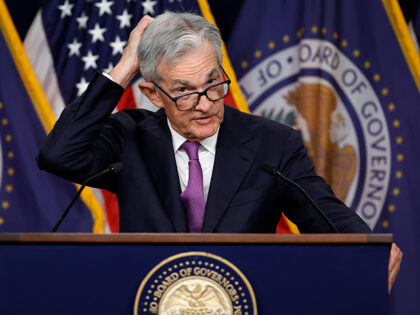
The strength of the U.S. labor market has not only defied expectations. It has given rise to the suspicions that the official figures are overstating job gains.

In the economic seas we’re currently navigating, the idea of a Fed rate cut is starting to look like a theoretical exercise detached from the practical realities on the ground.
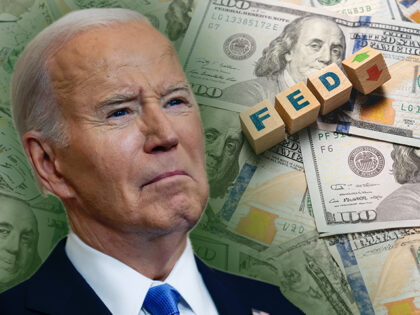
The potential that the Fed’s next move is up instead of down is arguably the most underpriced risk in the market.
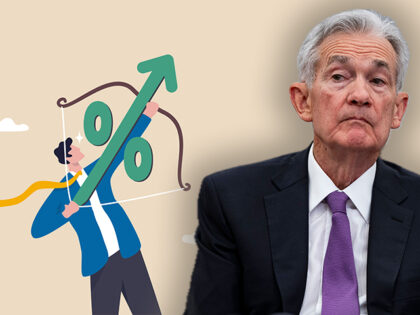
Donald Trump’s digital media company is not losing money fast enough.

The job of rebuilding the collapsed Francis Scott Key Bridge in Baltimore is going to take a lot longer than many people initially thought—and cost a lot more money.

The once and possibly future President Donald Trump’s proposal to implement a tariff of ten percent on goods imported into our Republic has been met with a cantillating chorus of critiques claiming they will come at a cruel cost to consumers.

The grand pledge of President Joe Biden “move heaven and earth” to rebuild the Francis Scott Key Bridge smacks of a promise only Herculean in its aspiration.

The economic consequences of the calamity in Baltimore are likely to be substantial.

Shares of Donald Trump’s media startup catapulted a head-spinning nearly 40 percent in just a single trading session on Monday.

The shareholders of Digital World Acquisition Corp on Monday boldly aligned their fortunes with Donald Trump’s Truth Social, ratifying a pact poised to endow the erstwhile and potentially returning commander-in-chief with a bounty verging on $3 billion.

The latest dispatch from the Federal Reserve left the expected path of interest rates over the next year unchanged. Yet it hinted at a potentially tumultuous shift beneath the calm facade, a shift to a higher rate of interest over the long term.
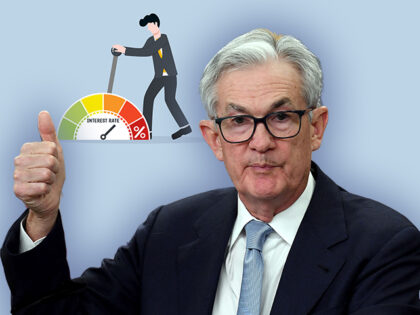
Joe Biden’s recent thumbs down on the Nippon-U.S. Steel marriage was met with the predictable shrieks of “protectionism” from self-styled free-market pundits.
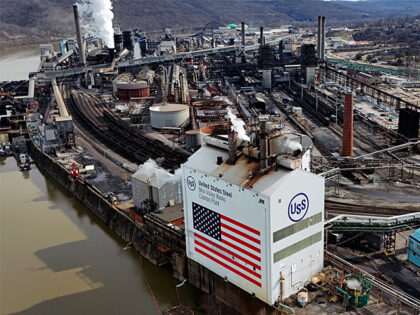
It’s getting harder each day to avoid the conclusion that the Federal Reserve’s supposedly tight leash on the economy might be more of a myth than a reality.
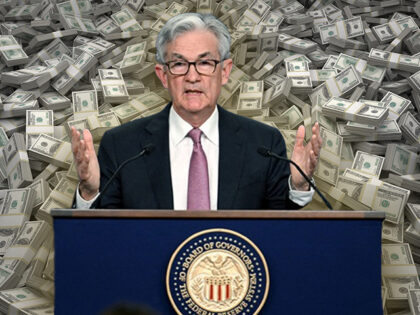
Despite the Fed’s belief that monetary policy is restrictive, the U.S. economy was frolicking along at a robust four percent growth rate in the latter half of the previous annum.

Perhaps some of the courage of the patron saint of Ireland will inspire our central bankers.
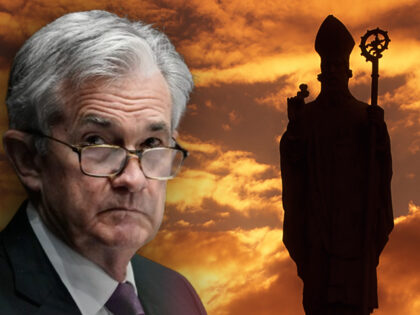
Immigration is not going to bail America out of our inflation mess.
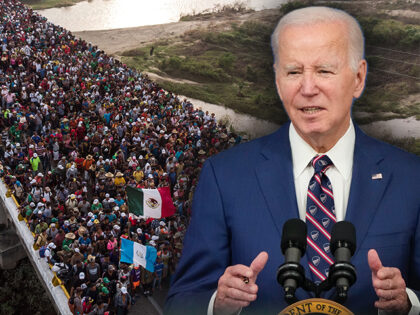
President Joe Biden’s attempt to convince America that Bidenomics is a blessing is not working —especially among younger Americans.

Inflation is re-igniting, and there is a danger of significant overheating. This should keep the Fed from cutting interest rates in June or July—and very likely for the rest of the year.
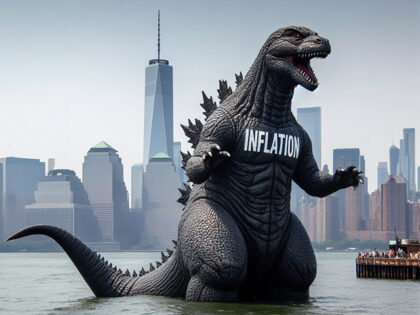
Last week’s inconclusive jobs data means that this week’s inflation data has the potential to be very consequential.

The February jobs numbers should be seen as an economic Rorschach test. What you see in the ink blots released by the Department of Labor largely depends on what you were already inclined to see.
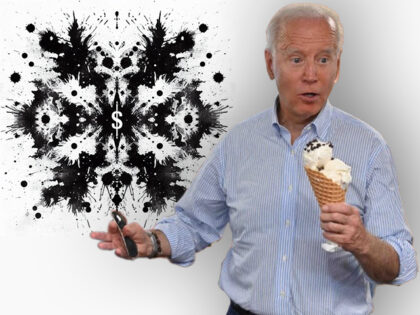
Perhaps the biggest challenge for Biden’s attempt to sell Americans on Bidenomics is not just that the inflation-inflicted wounds of the last few years are still fresh. It’s that they can remember that things were better when Trump was president.
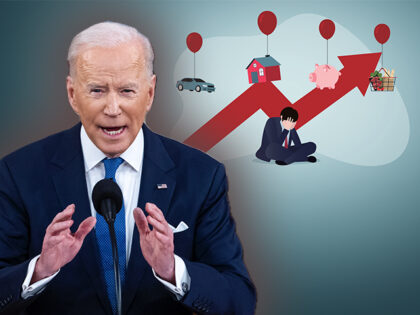
Fed Chair Jerome Powell pointedly declined to defend the establishment view that immigration is a boon for the economy and more immigration even better.

The American economy finds itself awash in the newfound bloom of economic springtime.

When Jerome Powell steps into the congressional coliseum to deliver his semi-annual testimony to the House and Senate, he is very likely to be met with an aggrieved chorus of Democratic lawmakers arguing that monetary loosening is long overdue.
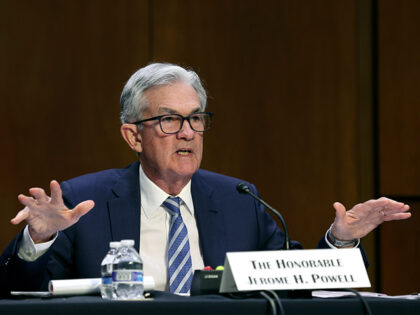
George Eliot’s short story “Brother Jacob” begins with a warning about the danger of the desire to be a provider of sweets. It’s a warning about inflation
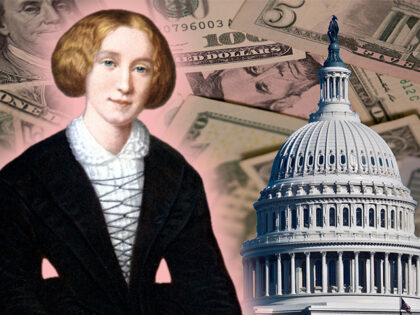
Inflation is rising, and the underlying indicators of price pressures suggest this is unlikely to reverse soon.
